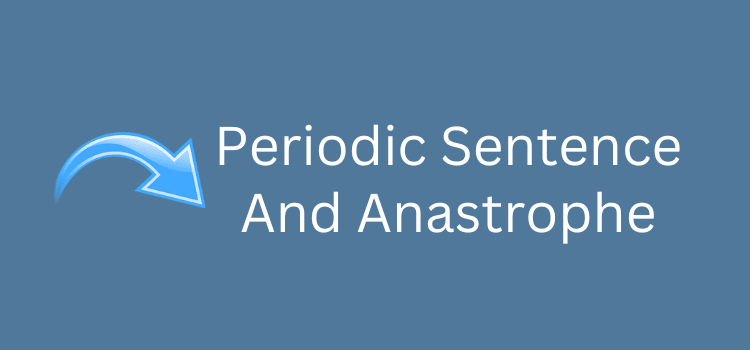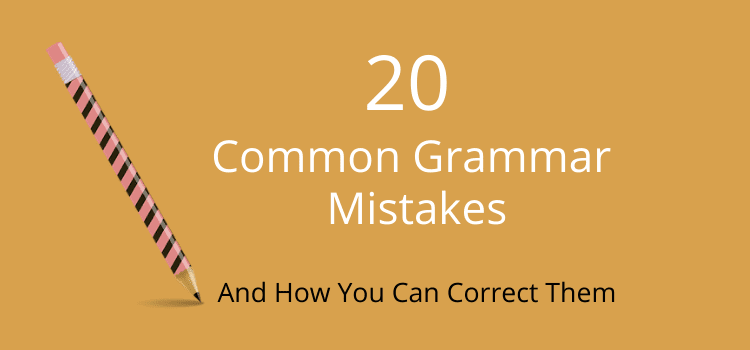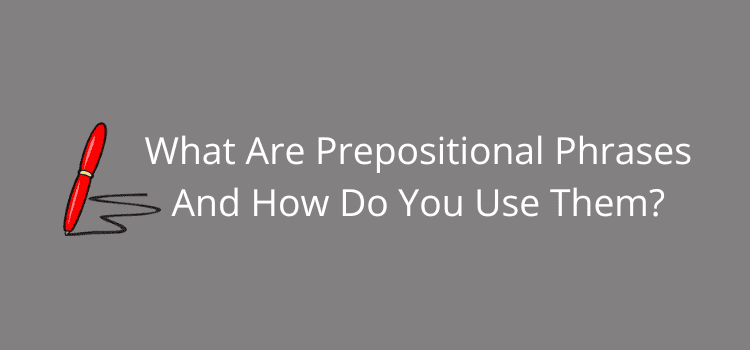
A periodic sentence and anastrophe are similar because both change the regular order of words.
The principal difference is that a periodic sentence delays the main point or clause until the end of a sentence for emphasis. However, anastrophe alters the typical word order within a phrase or clause to achieve a similar outcome.
For writers, these two grammatical tools are invaluable for creating emphasis, surprise, or even a poetic touch.
When you understand how they work, altering sentences or clauses to add more variety and depth to your writing is easy, turning ordinary sentences into something more persuasive or memorable.
The difference between a periodic sentence and an anastrophe
A periodic sentence moves the main point of a sentence to the end to create more emphasis.
In its simplest form, the subject of a typical sentence moves.
Here’s a quick example that shows how simple it is to use.
Studying grammar is by far the best way for new writers to improve. (Normal sentence)
By far, the best way for new writers to improve is by studying grammar. (Periodic sentence)
But for anastrophe, the change is in the standard word order.
Under a cloudless sky, we watched the sunset over the shimmering ocean. (Normal sentence)
Under a sky cloudless, we watched the sunset over the shimmering ocean. (Anastrophe)
As you can see, the similarity is that both reordered standard grammar.
The main difference is that one changes word order and the other changes the order of clauses in a sentence.
Periodic sentence examples
Because it is an easy literary device to use, it is very common in fiction.
You have probably read them many but perhaps not realized that the form had a grammatical name.
Here are some well-known examples.
“Unprovided with original learning, uninformed in the habits of thinking, unskilled in the arts of composition, I resolved — to write a book.” – Edward Gibbon in Memoirs of My Life
“In the almost incredibly brief time which it took the small but sturdy porter to roll a milk-can across
the platform and bump it, with a clang, against other milk-cans similarly treated a moment before, Ashe fell in love.” – P.G. Wodehouse, Something Fresh
“In the week before their departure to Arrakis, when all the final scurrying about had reached a nearly unbearable frenzy, an old crone came to visit the mother of the boy, Paul.” – Frank Herbert, Dune
But you don’t need to be a talented author to create sentences like these.
Take these two example sentences.
When you want to try your hand at writing periodic sentences, take any sentence you have written and move the starting clause to the end.
Take any sentence you have written and move the starting clause to the end when you want to try your hand at writing periodic sentences.
Now, you can see how easy it is to change a loose sentence to a periodic sentence.
Anastrophe examples
Changing the expected order of words can add more emphasis to clauses or short sentences.
“And how stands the city on this winter night? More prosperous, more secure and happier than it was eight years ago. But more than that: after 200 years, two centuries, she still stands strong and true on the granite ridge, and her glow has held steady no matter what storm.” – Ronald Reagan, 1989 Farewell Address
“Death is a natural part of life. Rejoice for those around you who transform into the Force. Mourn them do not. Miss them do not. Attachment leads to jealously. The shadow of greed, that is.” Yoda, Star Wars
“Sure I am of this, that you have only to endure to conquer.” – Prime Minister Winston Churchill
You can find many examples like these, which are often referred to as fronting.
But you can create your own very quickly, as my example below shows.
I’m a writer, not a scholar.
A writer I am, a scholar I am not.
Adding more emphasis to your writing
For any writer or author, it’s pretty easy to create periodic sentences and anastrophes.
They both have the advantage of quickly adding much more grammatical variety to your writing.
You can move the most important part of a sentence or clause to emphasize a point.
All it takes is a little imagination and creativity to change standard subject-verb-object sentences.
Another similar grammar device is a cleft sentence.
While it is not strictly a periodic sentence, cleft sentences add emphasis and perform a comparable function.
Here’s a quick example.
Henry enjoys going to the gym. (Normal)
What Henry enjoys is going to the gym. (Cleft)
It’s going to the gym that Henry enjoys. (Cleft)
Summary
The list of grammar points and literary devices is very long.
So, no writer can know them all.
But these two related points are near the top of my list of useful writing tips to know how to use.
When you have them in your toolbox, they will help you quickly extend your writing skills.
Keep them in mind, and look for opportunities to reorder a sentence or change the expected order of words.
Related reading: A Comma Before Because After A Negative Clause
Share This Article


